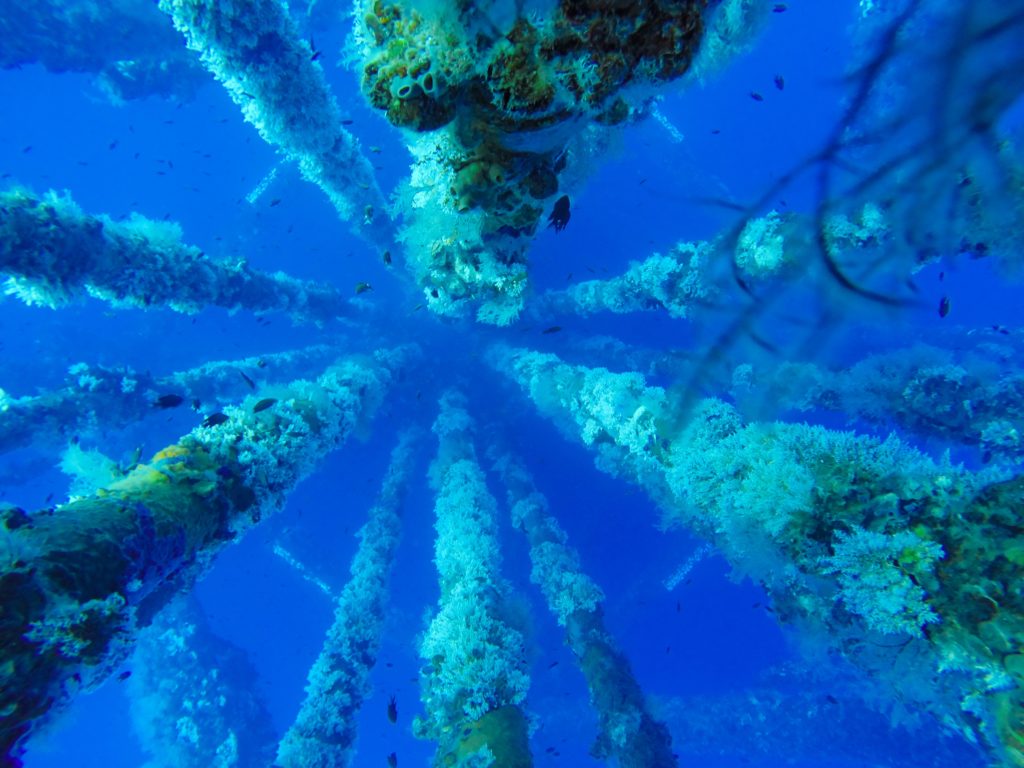
A new project aimed at unravelling the changes to biodiversity caused by man-made structures in the North Sea has been launched.
Research initiative INSITE, which stands for INfluence of Structures In The Ecosystem, has established a PhD Scholarship Programme to offer a “unique opportunity” for scientists.
An estimated 18,641 square miles of the marine environment worldwide is host to man-made infrastructure.
Recent studies have shown that, in addition to structural changes at these sites, the abundance and diversity of sealife is also modified.
An extensive body of research into the impact of structures, including oil and gas platforms, has already been compiled and it’s hoped the new project will further inform studies.
Researchers from countries bordering the North Sea are being urged to submit proposals on the following topics:
- Changes in the ecosystem which occur due to the placement of man-made structures in the marine environment or as a consequence of their removal
- Comparisons between the ecosystem structure and function on native and non-native hard substrate
- Variability in ecosystem structure and function on man-made structures against varying temporal scales
Discussions have previously taken place on the scope for leaving unused platform legs in the sea, with some claiming it could encourage the development of reefs.
Professor Sir Ian Boyd, chairman of the INSITE Programme Advisory Group (PAG), said: “In the North Sea there are already thousands of energy installations, wrecks, and coastal structures occupying the predominantly sandy seabed. This man-made footprint is set to growing quickly with the addition of wind turbines and other renewable energy infrastructure.
“We need to know and understand the changes which these kinds of structures are likely to bring to our coastal seas. I am delighted that this collaborative initiative involving public and private funding is investing in developing a new generation of scientists with the skills to study this subject.”
Richard Heard, INSITE programme director, said: “One of the most significant challenges faced by marine scientists is data acquisition. The collaboration between industry partners and the scientific community to develop INSITE Interactive, a tool for identifying and accessing existing industry-held data, has already proven invaluable to researchers. Students awarded PhD funding under this initiative will have access to this and other practical support.”
